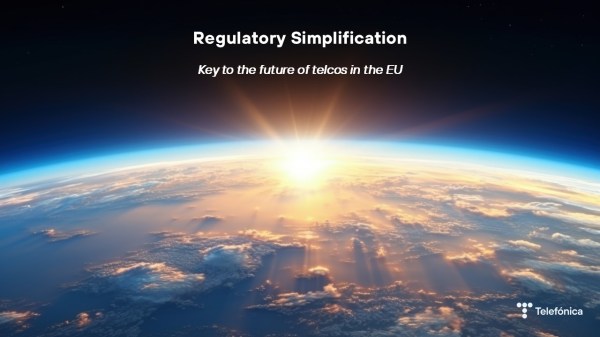
“Trump” and “China” have been the two popular words in Twitter during the World Economic Forum in Davos, let alone the uncertainty they bring, we have also listened to something called “digital”, “growth” and “economy”. It is clear that these are not only buzz words but a clear economic and social trend for the future: the impact of digitalization will change our lives in the very next future.
We had the occasion to follow the debates during Davos about the future of the digital economy, discuss about a smart policy for a digital economy, listen to the last innovations to connect the unconnected and look forward to the Future of Latin America, among other digital-related topics.
It is quite clear that digital revolution is changing every single economic sector (see also Alibaba Group CEO Daniel Zhang in one of the sessions on the impact of digital on retail) and that this is also transforming the telecoms sector. During 2016, the WEF’s Digital Transformation Initiative focused on how the telecom sector is facing these changes and issued a report called the White Paper on Digital Transformation Initiative – Telecommunications Industry which has been presented in Davos, and which has focused on the following areas:
- Digital business models
- Digital operating models.
- Digital talent and skills.
- Digital traction metrics.
Telefónica, as a key stakeholder in this industry, has contributed to this analysis and proposals, which aim at shedding some light on the main challenges that our industry is facing in the short-term with some insightful outputs.
“The industry is a key enabler of digital transformation across industries, but the value of digitalization has so far eluded telecom operators” is one of the main conclusions of this report which recognizes how the industry has empowered millions of people around the world, by giving them access to real-time information, marketplaces, social programmes, interconnectivity and applications that will have long-term implications for industries and quality of life whereas telcos have not been able to capture its full benefits.
Estimates have shown that over-the-top (OTT) applications generate 50% to 90% less revenue for CSPs. While the exponential rise in data consumption has provided some relief, this has not been enough to overcome the consistent decline in mobile voice average revenue per user (ARPU). Competitive pricing pressure and OTT disruption have been accompanied by rapidly increasing costs as demands on bandwidth and speed have continued to grow exponentially.
According to this report, the digital transformation of telecommunications represents a $2 trillion opportunity for industry and society. But there are relevant challenges of this new phase for operators such as: the creation of self-optimizing and secure zero-touch networks; the integration of internet of things (IoT) solutions; redefine the customer engagement for digital experiences and also new innovation models or talent strategies for a digital workforce, among others.
Some of the recommendations point out the need to identify, develop and launch a new, digital business model, such as Telefónica Open Future , which set up corporate venturing businesses.
If you wish to know more about other sectors transformed by digitalization, we encourage you to visit the WEF webpage on shaping the future of digital economy and society and more specifically the initiative on digital transformation of industries.









